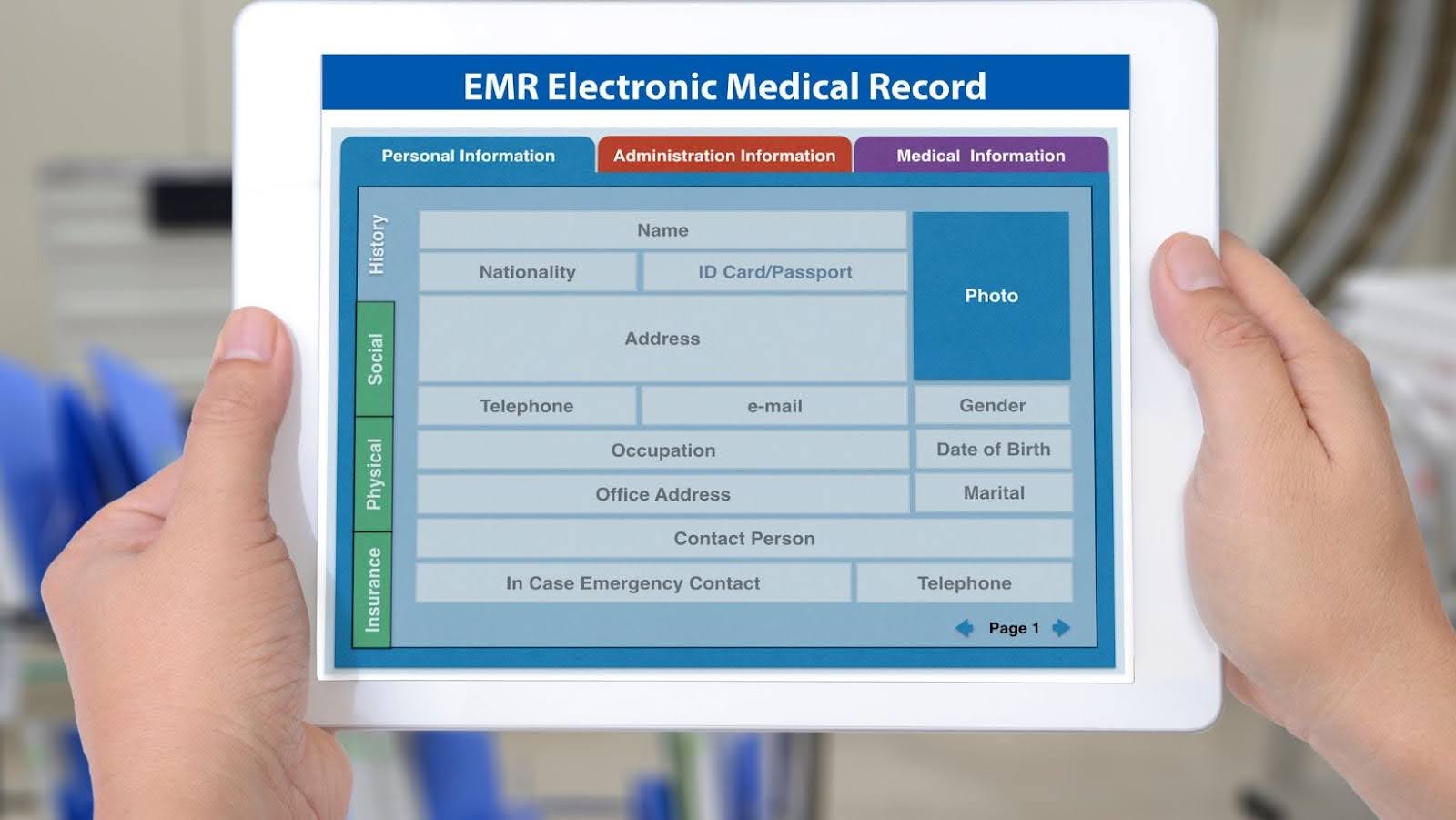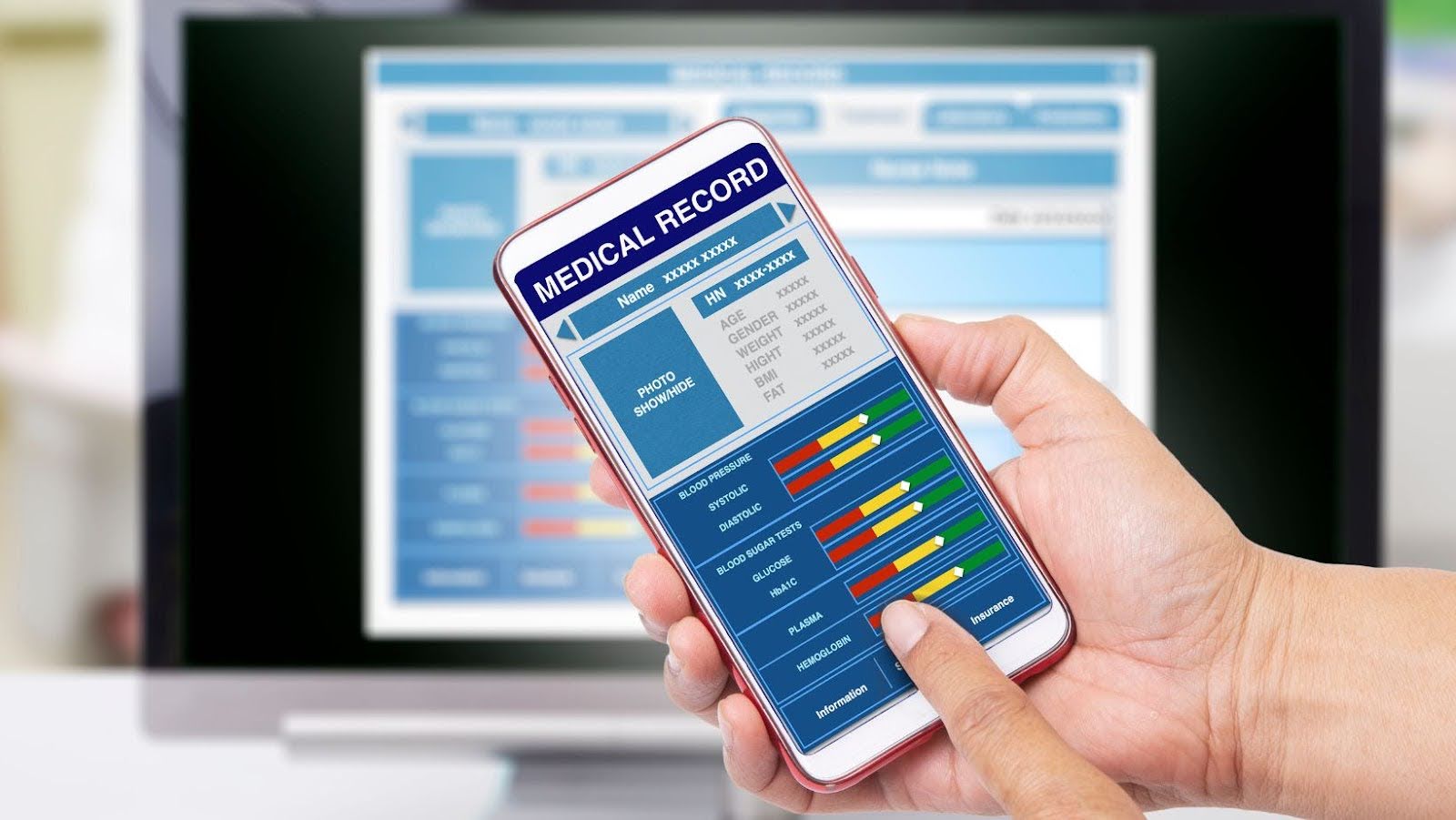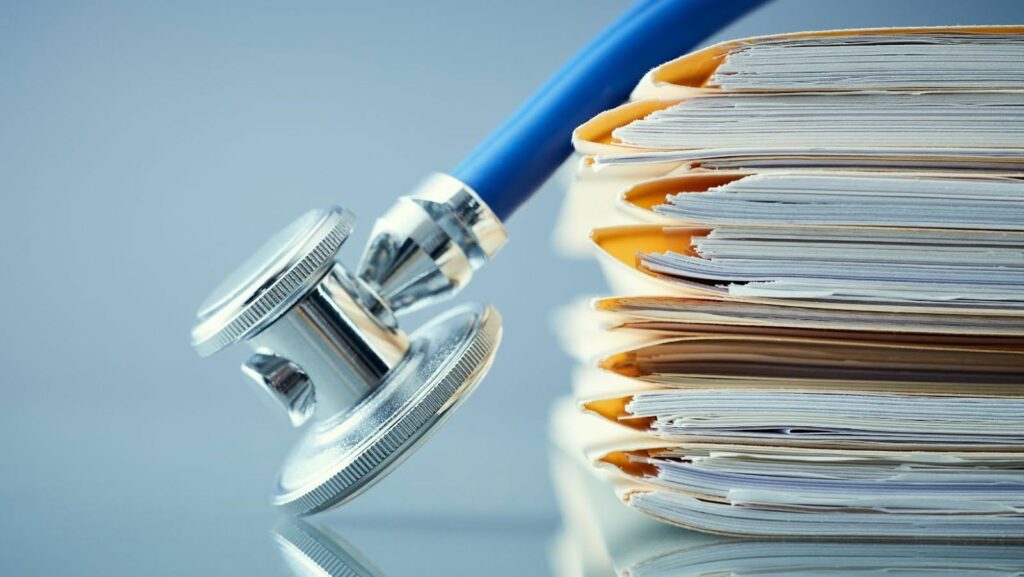Medical proof is the cornerstone of winning long-term disability benefits. The vast majority of disability claim denials are due to a lack of supporting medical evidence.
When filing a claim for Social Security disability benefits, you must supply medical records that prove you have an impairment that prevents you from engaging in substantial gainful activity. A simple note from your physician stating that you have “X” condition won’t suffice to meet the SSA’s strict eligibility criteria.
Getting a hold of your medical records costs money, and if you don’t have a steady source of income because you can’t work, this extra expense can become a significant financial burden.
Thankfully, there are ways to obtain a copy of your medical records without breaking the bank. In this article, disability attorneys from Pinyerd Law will share budget-friendly strategies for accessing your medical records. These methods will make the process easier for you, providing peace of mind and helping you build a successful disability claim.
Can You Win Disability Benefits Without Medical Records?
When evaluating your application, the Social Security Administration (SSA) follows a step-by-step guide to confirm you have a qualifying disability. For that, they request medical proof that supports your impairment. Therefore, the chances of winning disability without strong medical evidence are extremely low.
The SSA requires you to submit some specific medical information along with your application:
- Your physician or primary healthcare provider’s contact information – the SSA will likely contact them to get a better picture of your health condition.
- Laboratory test results (blood tests, x-rays, CAT scans, etc.)
- Diagnosis, treatments, and medications you are taking.
- Emergency room visits.
- Other relevant documents from medical clinics or hospitals.
Be aware that the SSA only considers treatments and diagnoses from “acceptable medical sources.” Those sources include:
- Licensed physicians
- Licensed or certified psychologists
- Licensed optometrists
- Licensed podiatrists
- Qualified speech and language pathologists
- Hospitals
Additionally, it is good to learn which medical evidence the SSA will not consider when assessing your application. Medical records from new-age or alternative medical providers, such as acupuncturists, massage therapists, and chiropractors, don’t count as valid medical evidence.
Accessing Medical Records Without Breaking the Bank
If you never had to access medical records before, you might not be sure what steps you should take. First, you must know that only you or your legal representative have the right to access your medical records.
To obtain your medical records, you must contact your provider. Nonetheless, this can be a daunting task, especially if you see several doctors and are worried about the costs. Accessing your records comes at a price; how much your provider will charge you depends on their fees and your state laws.
Since finances tend to be a significant component of a disability claim process, it’s understandable claimants seek ways to save money when obtaining their records. There are some strategies you can implement to access your medical record on a budget:
HIPAA Medical Records Request
The Health Insurance Portability and Accountability Act (HIPAA) is a series of regulations that give patients the legal right to see and get copies of their medical records.
To obtain your records using this method, you must make a written request to your physician’s office that includes your full name, date of birth, contact information, a description of the documents you need, and the date range you are interested in.

Under HIPAA, the medical provider has up to 30 days to answer your request. Your provider’s office might still charge you a fee for making the copies, but that sum can’t exceed the labor and materials needed to supply the records.
HITECH Medical Record Requests
The Health Information Technology for Economic and Clinical Health (HITECH) is a 2009 Act that enables patients to obtain their medical records in a straightforward and affordable manner.
If your physician uses electronic health records (EHRs), you can make a HITECH request to access your electronic medical records.
Like HIPAA, you must submit a request to your doctor’s office, and they have 30 days to reply. The clinic can only charge you a reasonable cost-based fee.
Let the SSA Gather the Records
When submitting a disability claim, you must complete Form SSA-827, which authorizes the SSA to get access to your medical records.
If you can’t collect medical evidence, the SSA will gather your records and cover expenses up to a certain amount.

Nevertheless, this is the least advisable method. Submitting your own medical proof will put your case ahead of others and speed up the process. Besides, suppose the SSA fails to gather some essential information or contact one of your doctors. In that case, they will base their decision only on partial evidence, which can negatively impact your case.
4 Extra Tips for Submitting Medical Proof for a Winning Disability Case
Now that you know affordable methods to obtain medical records let’s see some extra tips to enhance your application:
- Don’t lie on your disability application: Submit only truthful information and valid medical documents. If the SSA catches you on a lie, it will not only disqualify your application, but you might also face criminal charges and penalties.
- Provide information contact: For each document, add the doctor’s contact information so the SSA can do a follow-up and quickly evaluate your case.
.
- Request a letter from your doctor: A letter from your doctor detailing the severity of your impairment can do wonders for your claim. Politely ask your healthcare provider if they are willing to write a letter on your behalf.
- Work with a disability lawyer: Disability attorneys can collect medical records for you, streamlining this step. Most law firms work on contingency, meaning they might charge for gathering the record after you win your case.
Final Thoughts
Medical records are essential to win a Social Security disability claim. If you have scarce resources, you can use one of the budget-friendly strategies from this guide. Putting extra effort into submitting relevant and valid medical evidence is the most efficient way to secure the benefits you deserve.
